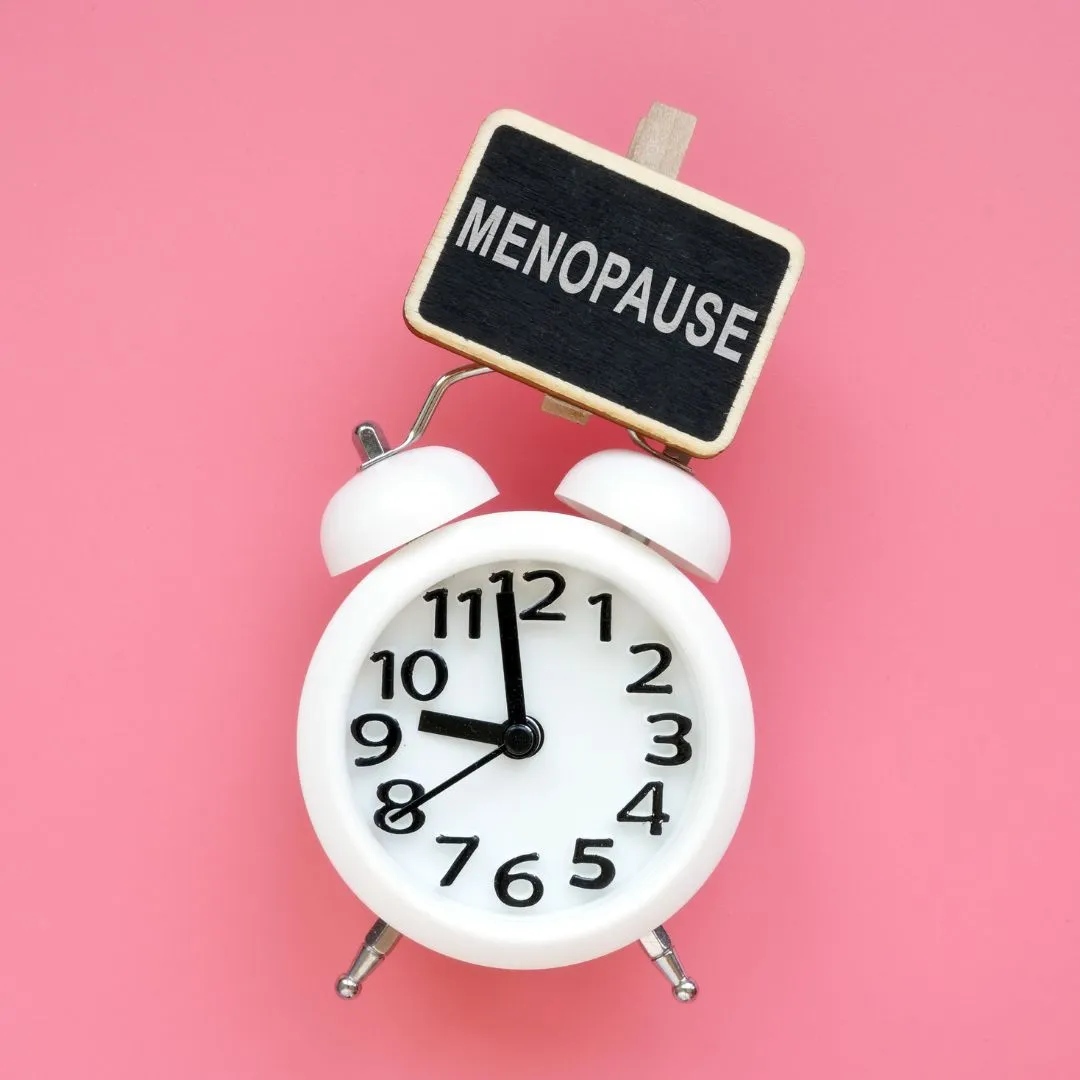
Published on: 10 September, 2023
Read Time: 5 min
Welcome to this guide on understanding menopause and how it impacts your body. We will discuss how menopause impacts your sex drive, and various treatment options, such as hormone therapy or natural methods. Additionally, we emphasize the significance of communication and seeking professional guidance.
Understanding Menopause
Menopause is a natural transition that marks the end of a woman’s reproductive years. It typically occurs in the late 40s to early 50s and is characterized by the cessation of menstrual cycles. Hormonal fluctuations, mainly a decline in estrogen and progesterone levels, accompany this significant life stage. The changes in hormones cause physical and emotional symptoms like hot flashes, night sweats, mood swings, and changes in sexual desire.
Menopause & Your Sex Drive
Menopause can have a profound impact on a woman’s sex drive. Fluctuating hormone levels can contribute to a decrease in sexual desire, arousal, and satisfaction.
During menopause, estrogen levels decrease, leading to reduced blood flow to the pelvic area. This can cause vaginal dryness and discomfort during sex. These symptoms can have an impact on sexual pleasure.

Hormone Therapy: The First Line of Defense
Hormone therapy is important for treating menopause symptoms, balancing hormones, and improving your sex drive. Hormone therapy involves supplementing the body with hormones that decline during menopause, such as estrogen and progesterone. This treatment can help with menopause symptoms like hot flashes, night sweats, mood swings, and vaginal dryness.
A study found that hormone therapy helped women with menopause-related sexual problems by increasing desire and enjoyment. It can improve blood flow to the pelvic region, promoting sexual responsiveness and improving overall sexual satisfaction. It’s important to talk to a doctor about the pros and cons of hormone therapy for each person’s situation.
Treating Vaginal Dryness
Vaginal dryness can be a distressing symptom experienced by women during menopause. Hormone therapy, particularly the use of vaginal estrogen, has proven to be highly effective in alleviating this discomfort. Various forms of vaginal estrogen, such as creams, tablets, and rings, allow for direct application to the vaginal area.
A new study reveals that hormone treatments, such as creams or tablets, can alleviate vaginal dryness and discomfort during sex. These treatments improve lubrication and elasticity. They restore vaginal tissues to enhance moisture and reduce the risk of irritation or pain during sex. Please note, hormone therapy should be tailored to individual needs and always carried out under medical supervision.
Natural Approaches to Boosting Libido
While hormone therapy is a highly effective treatment option, there are also natural approaches that can help boost libido during menopause. Engaging in regular exercise can increase blood flow and improve overall well-being, which can positively impact sexual desire. Eating a balanced diet with soy, flaxseeds, and chickpeas can help with menopause symptoms and sexual health.
Stress reduction techniques, like mindfulness meditation or yoga, can also contribute to improved libido by promoting relaxation and reducing anxiety. Talking openly with your partner about what you want and need is important for a good sex life during menopause.
It is essential to remember that natural approaches may not provide the same level of symptom relief as hormone therapy. Consulting with a healthcare professional can help determine the best course of action based on individual needs and preferences.
Seeking Professional Guidance
Women’s health providers with specialized expertise can provide guidance on sexual health and menopause. They can help women navigate this transformative phase and create intimate connections with support that addresses common concerns and provides a roadmap for enhancing sexual health during this transitional phase of life.
It is important that your provider creates a treatment plan that takes into account each person’s unique symptoms, medical history, and preferences. Consulting a trained provider about treatment options is necessary to make informed decisions that align with individual goals and concerns.
Conclusion: Embracing Change
Menopause brings change but also freedom and self-discovery. It’s important to use this time to discover and redefine your sexuality, finding joy and fulfillment in new and surprising ways.
As you embark on this journey, remember that everyone’s experience with menopause is unique. What works for one person may not necessarily work for another. Listen to your body, pay attention to your needs, and find the treatments and strategies that work best for you.
Menopause is not the end of your sexual journey – it’s the beginning of a new chapter. Embrace the changes with curiosity and a sense of adventure. View this phase as an opportunity for self-discovery, self-love, and the reinvention of your sexual identity. With the right mindset, knowledge, and support, you can navigate menopause with confidence, finding joy and fulfillment along the way.
Don’t be afraid to experiment and try different approaches to enhance your sexual health. Whether it’s exploring hormone therapy, natural remedies, or lifestyle modifications, be open to the possibilities that lie ahead. Get help from menopause experts for personalized advice and support with your specific needs.






